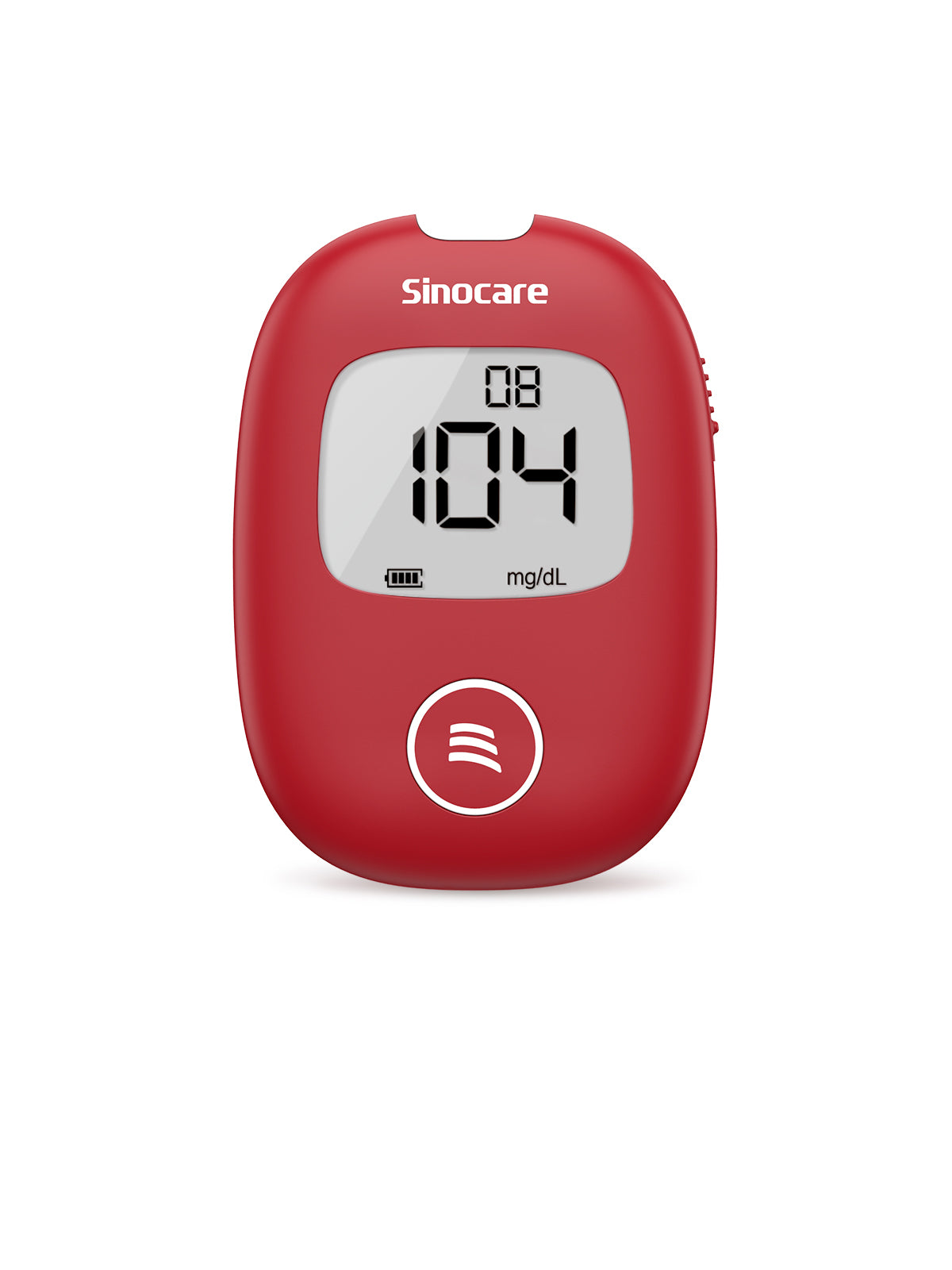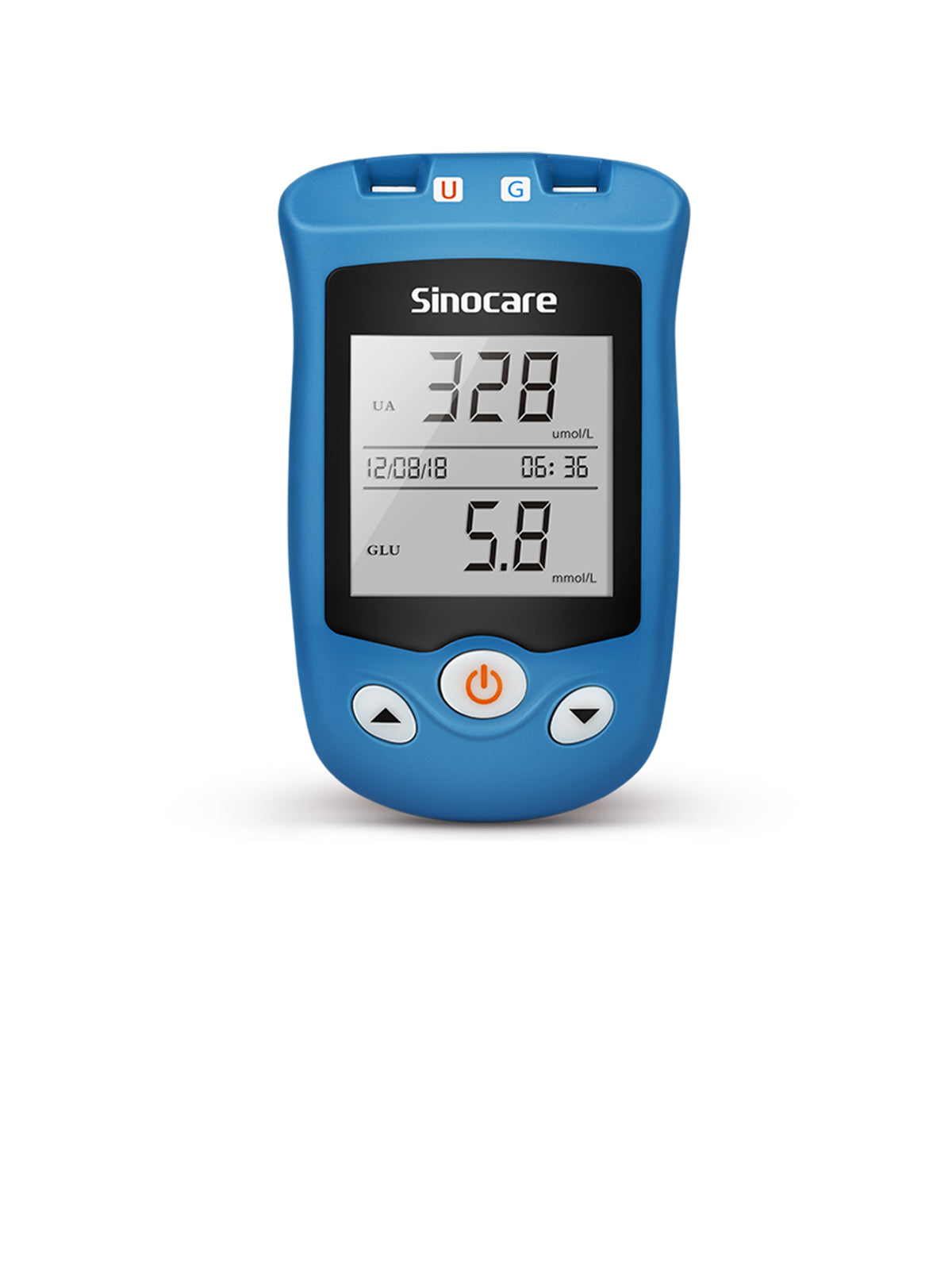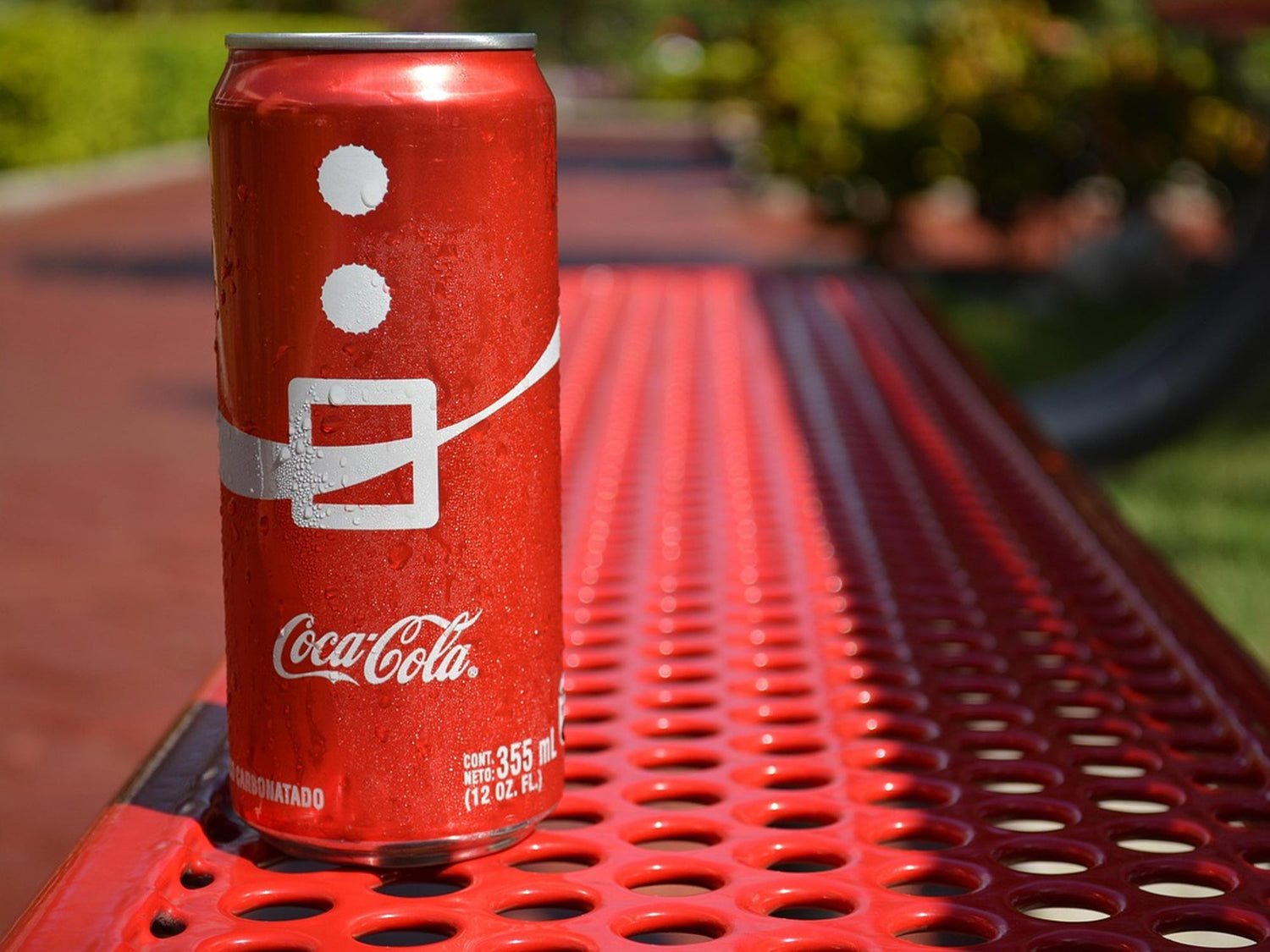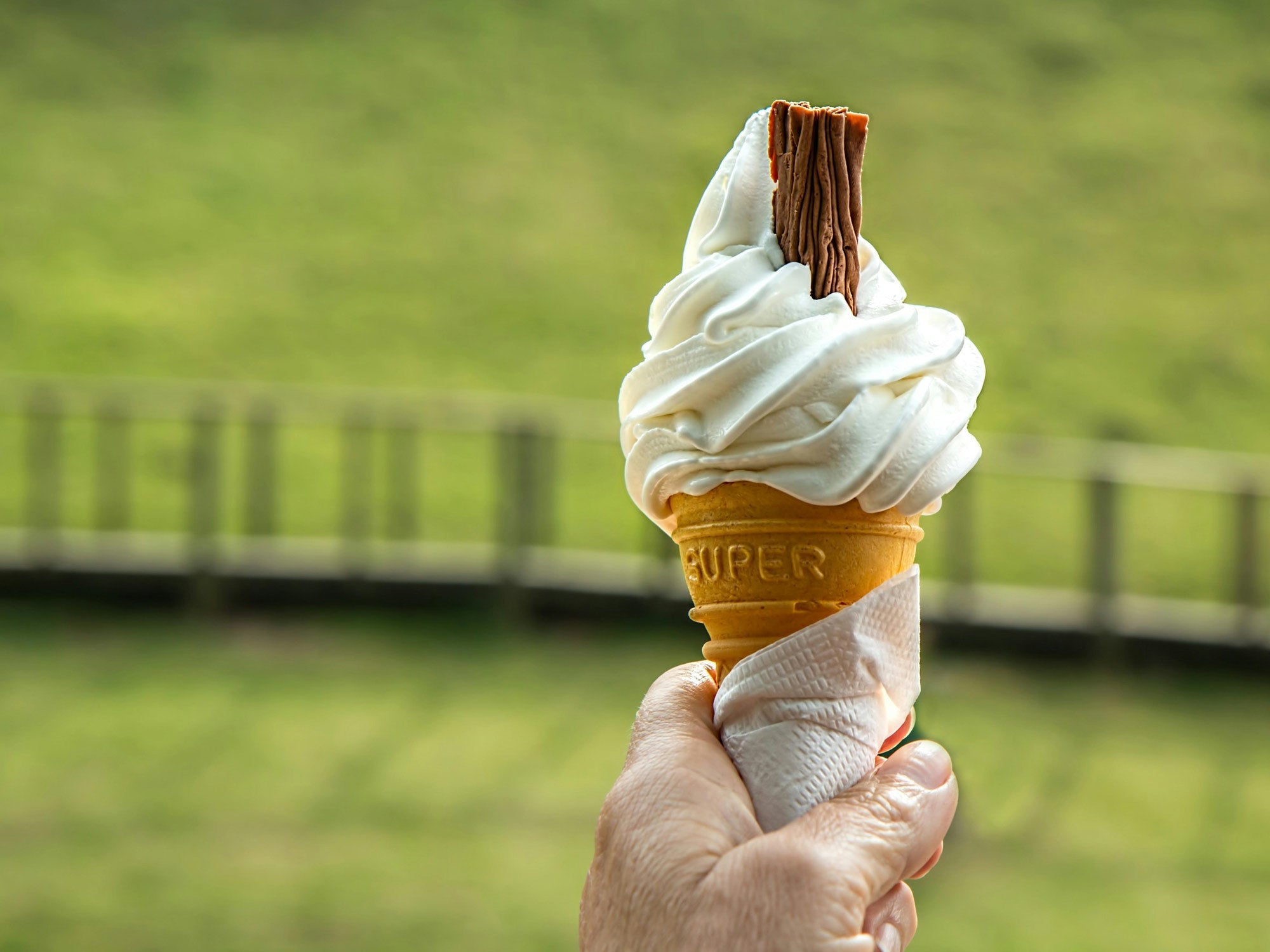Coca-Cola is a soft drink produced through the mixing of carbonated water, sugar, caramel coloring, phosphoric acid, natural flavors, and caffeine. This combination of ingredients creates the classic sparkling and sweet drink known worldwide as "Coca-Cola".
Nutritional Value of Coca-Cola
A 100-gram serving of Coca-Cola contains on average about 42 calories, 0 grams of protein, 0 grams of fat, about 10.6 grams of carbohydrates, of which 10.6 grams are sugars, while it does not contain fiber and is not a significant source of vitamins and minerals. However, it is known for its high caffeine content, as with a 330 ml can you take about 34 mg of caffeine; nevertheless, Coca Cola is one of the most popular drinks in the world, appreciated for its sweet and sparkling taste, but you have to keep in mind that it is not a totally healthy drink.
Calories and GI in Coca-Cola
A 100-gram serving of Coke contains about 42 calories on average, so it is relatively caloric compared to other drinks; moreover, Coca-Cola has a glycemic index of about 63, which is a medium glycemic index food. This means that excessive intake can affect blood sugar levels, so people with diabetes should consume it in moderation. In addition, its excessive consumption can be associated with various health problems and it is important to note that Coca-Cola does not provide a significant nutritional intake, so it is advisable to consult your doctor before making significant changes to your diet by adding Coca-Cola consumption to your diet.
Benefits & Risks of Eating Coca-Cola with Diabetes
Coke is a sugary beverage, so it contains a significant amount of added sugar that can negatively affect blood sugar levels. For this very reason, regular consumption of Coca-Cola has been associated with an increased risk of developing type 2 diabetes and can definitely cause harmful blood sugar spikes in people with diabetes, making it difficult to control blood sugar levels. Additionally, it is important to note that Coca Cola contains a lot of caffeine, which can have various effects on blood glucose and insulin; in particular, caffeine can temporarily raise blood sugar levels, but it can also improve insulin sensitivity in some people, but these benefits are negligible and therefore the consumption of Coca Cola is generally not recommended for people with diabetes due to potential health complications. Always consult your doctor if you intend to start consuming Coca Cola.[1]
How Much Coca-Cola Can I Eat with Diabetes?
Coca-Cola, being a sugary drink, should be consumed in moderation by people with diabetes, taking at most only one serving occasionally. Regular consumption of Coke can cause harmful blood sugar spikes and increase the risk of diabetes-related complications. In addition, as mentioned, Coca Cola contains a lot of caffeine which can have effects on the body, so it is generally not recommended to consume Coca Cola preferring instead drinks without added sugar for optimal diabetes management.
How to eat Coca-Cola with diabetes?
Coca-Cola, being a sugary drink, is a drink not recommended for people with diabetes. In addition, even Coca Cola Zero, the sugar-free version, may contain artificial sweeteners that could have varying effects on blood glucose levels, so care should be taken and minimize consumption. In case of special occasions, when you don't want to help but consume some Coca Cola, you can prefer the sugar-free version Coca Cola Zero, to avoid harmful glycemic peaks, limiting consumption to the special event rather than making it a daily habit; moreover, it is recommended to keep blood glucose levels under control after consuming Coca Cola Zero, to understand how the body reacts.
Final Thoughts
Coca-Cola, while not a healthy food, is a drink that can also be consumed occasionally by people with diabetes, as long as it is in extreme moderation, as it is essential to limit the intake of sugary drinks to avoid harmful spikes in blood glucose, in addition to potential health complications. Sugar-free versions, such as Coca-Cola Zero, can be an alternative, but it is still important not to overconsume due to the artificial sweeteners present. Ultimately, Coke can be enjoyed at occasional special times, but you should always consult your doctor before making any changes to your diet.
References
[1] Felman, A. (2023, February 10). Is Coca-Cola bad for you? Medicalnewstoday. https://www.medicalnewstoday.com/articles/297600










Laisser un commentaire
Tous les commentaires sont modérés avant d'être publiés.
Ce site est protégé par hCaptcha, et la Politique de confidentialité et les Conditions de service de hCaptcha s’appliquent.